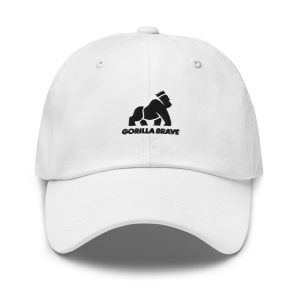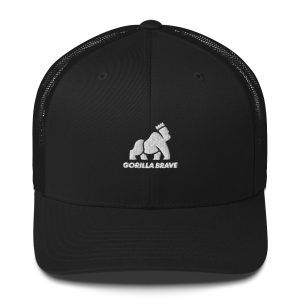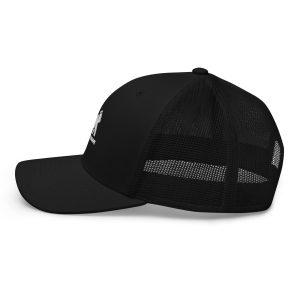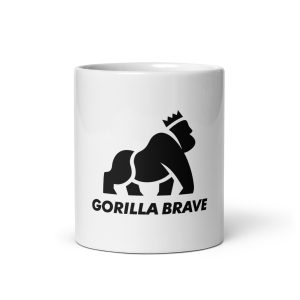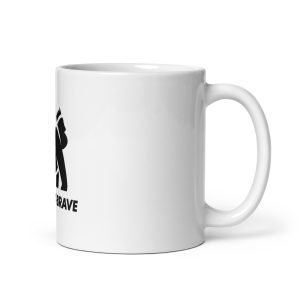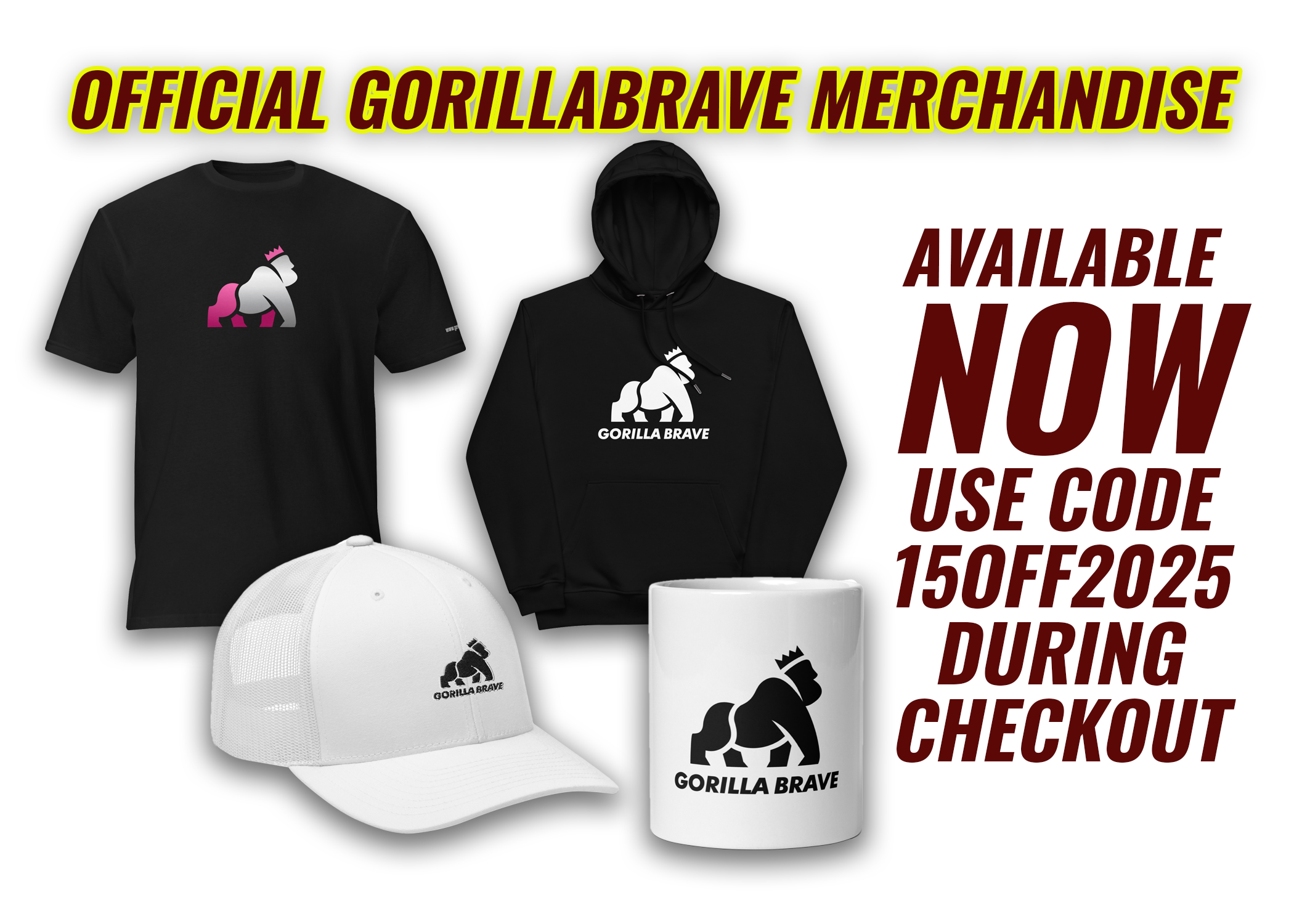Regulatory Compliance Risks: Navigating the Complex
World of Food and Beverage Regulations
The food and beverage industry operates within a complex web of regulations designed to ensure food safety, product quality, and consumer protection. These regulations, which vary across countries and regions, cover everything from labeling and packaging to food additives and hygiene standards. Navigating this regulatory landscape can be challenging, but it’s crucial for businesses to ensure compliance and avoid potential legal and reputational risks.
The Scope of Regulatory Compliance Risks: A Multifaceted Challenge
Regulatory compliance risks in the food and beverage industry are diverse and ever-evolving:
- Food Safety Regulations: These regulations cover a wide range of areas, including food hygiene, hazard analysis and critical control points (HACCP), food additives, and labeling requirements. Non-compliance with food safety regulations can lead to health risks for consumers, product recalls, and legal penalties.
- Labeling and Packaging Regulations: Accurate and informative labeling is crucial for consumer protection and transparency. Regulations govern the information that must be included on food labels, such as ingredient lists, nutritional information, allergen declarations, and country of origin. Non-compliance with labeling regulations can lead to consumer confusion, product recalls, and legal action.
- Environmental Regulations: Environmental regulations are becoming increasingly important in the food and beverage industry. These regulations cover areas such as waste management, water usage, and emissions. Non-compliance with environmental regulations can lead to fines, penalties, and reputational damage.
- Import and Export Regulations: Companies involved in international trade must comply with import and export regulations, which vary across countries. These regulations cover areas such as food safety standards, labeling requirements, and customs procedures. Non-compliance with import and export regulations can lead to delays, seizures of goods, and financial losses.
- Intellectual Property Regulations: Protecting intellectual property, such as trademarks, patents, and trade secrets, is crucial in the food and beverage industry. Non-compliance with intellectual property regulations can lead to legal disputes, loss of market share, and damage to brand reputation.
Impact on the Industry: From Financial Penalties to Reputational Damage
Non-compliance with regulations can have significant consequences for food and beverage businesses:
- Financial Penalties: Non-compliance can result in hefty fines and penalties, impacting profitability and financial stability. This can include fines for food safety violations, labeling inaccuracies, or environmental non-compliance.
- Legal Action: Companies may face lawsuits and legal challenges for non-compliance with regulations. This can lead to legal expenses, settlements, and potential damage to brand reputation.
- Reputational Damage: Non-compliance can damage a company’s reputation and erode consumer trust. Negative publicity, social media backlash, and loss of consumer confidence can have long-lasting effects on brand image and sales.
- Business Disruption: Regulatory action can lead to production shutdowns, product recalls, and disruptions in operations. This can impact supply chains, customer relationships, and overall business performance.
Examples of Regulatory Compliance Challenges: Lessons Learned
Several incidents have highlighted the importance of regulatory compliance in the food and beverage industry:
- The Melamine Contamination Scandal (2008): This scandal involved the adulteration of milk and infant formula with melamine, a chemical used in plastics, in China. This led to widespread illness and deaths, highlighting the importance of strict food safety regulations and enforcement.
- The Horsemeat Scandal (2013): This scandal involved the mislabeling of beef products with horsemeat in Europe. This incident exposed weaknesses in food traceability systems and emphasized the need for accurate labeling and supply chain transparency.
- The Bumble Bee Foods Price-Fixing Case (2017): Bumble Bee Foods pleaded guilty to price-fixing charges related to canned tuna, highlighting the importance of complying with antitrust laws and fair competition regulations.
Strategies for Managing Regulatory Compliance Risks: A Proactive Approach
Managing regulatory compliance risks requires a proactive and comprehensive approach, encompassing various strategies:
- Compliance Programs: Develop and implement comprehensive compliance programs that cover all relevant regulations and standards. This includes establishing clear policies and procedures, conducting regular training, and monitoring compliance.
- Monitoring and Audits: Regularly monitor regulatory changes and conduct internal audits to ensure ongoing compliance. This includes staying informed about new regulations, assessing compliance gaps, and implementing corrective actions.
- Employee Training: Provide regular training to employees on regulatory requirements and compliance procedures. This includes training on food safety, labeling, hygiene, and other relevant regulations.
- Technology Integration: Utilize technology to manage compliance documentation, track regulatory updates, and automate compliance processes. This includes using software systems for document management, regulatory tracking, and compliance reporting.
- Expert Consultation: Seek guidance from regulatory experts or consulting firms to ensure compliance with complex regulations. This can help businesses navigate the intricacies of food and beverage regulations and avoid potential pitfalls.
The Future of Regulatory Compliance: Adapting to Evolving Standards
Regulatory compliance will remain a complex and evolving challenge for the food and beverage industry. Increasing globalization, stricter food safety standards, and emerging regulations related to sustainability and environmental impact will require ongoing adaptation and vigilance. By embracing a proactive approach to compliance, investing in technology, and fostering a culture of compliance, businesses can navigate the regulatory landscape, protect their reputations, and ensure the safety and well-being of consumers.
The GorillaBrave Newsletter
Stay in the know! Get plugged in, gain access to exclusive information, apparel, events, and a lot more to help you grow your food business.
Upcoming GorillaBrave Events
GorillaBrave Apparel
-
- Mugs
GorillaBrave (White) Coffee Mug
- $7.00 – $10.50
- Select options This product has multiple variants. The options may be chosen on the product page
Are you courageous enough to be GorillaBrave?
